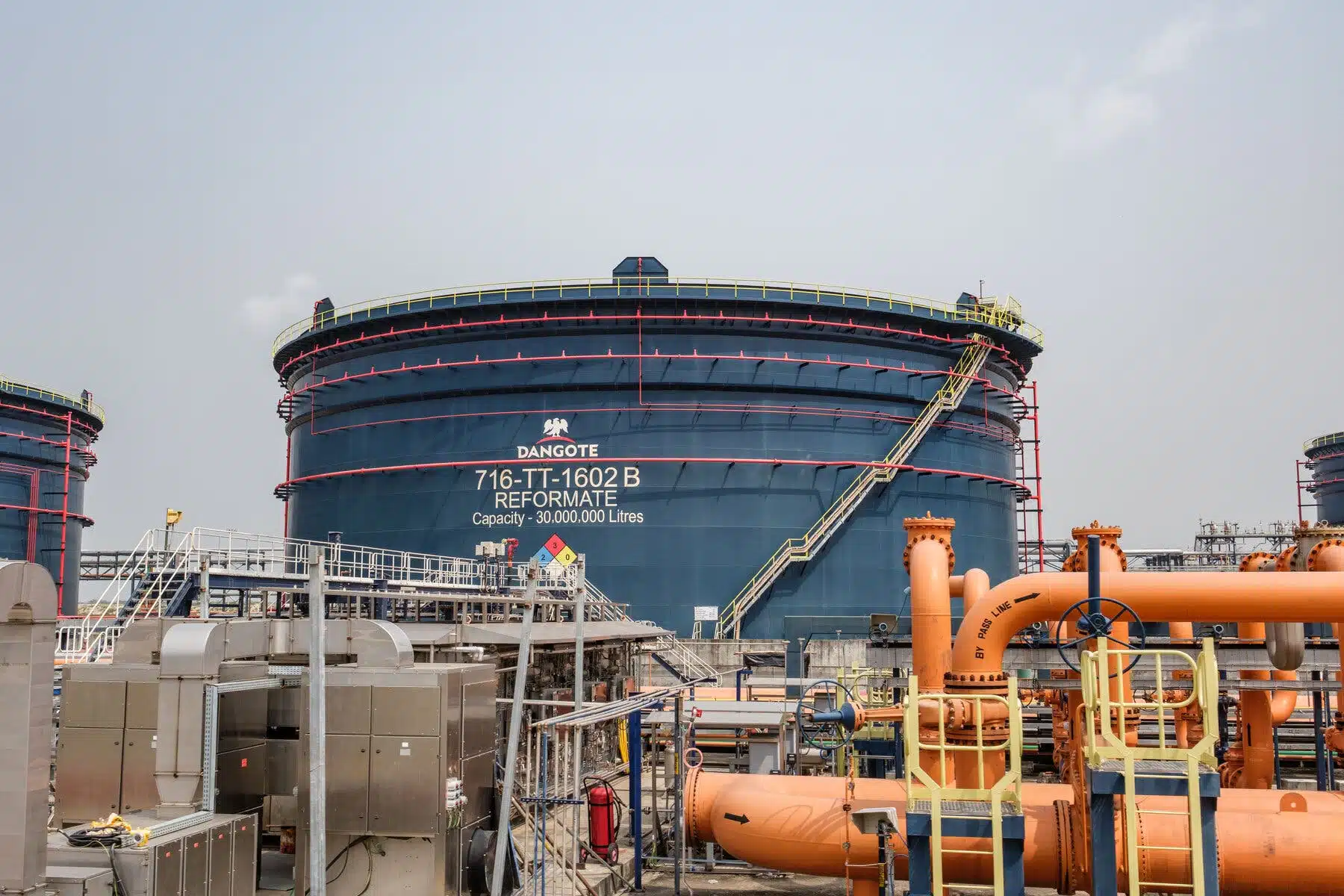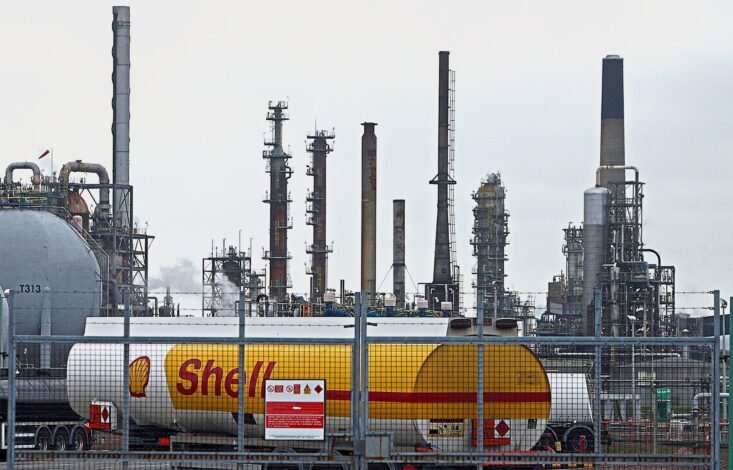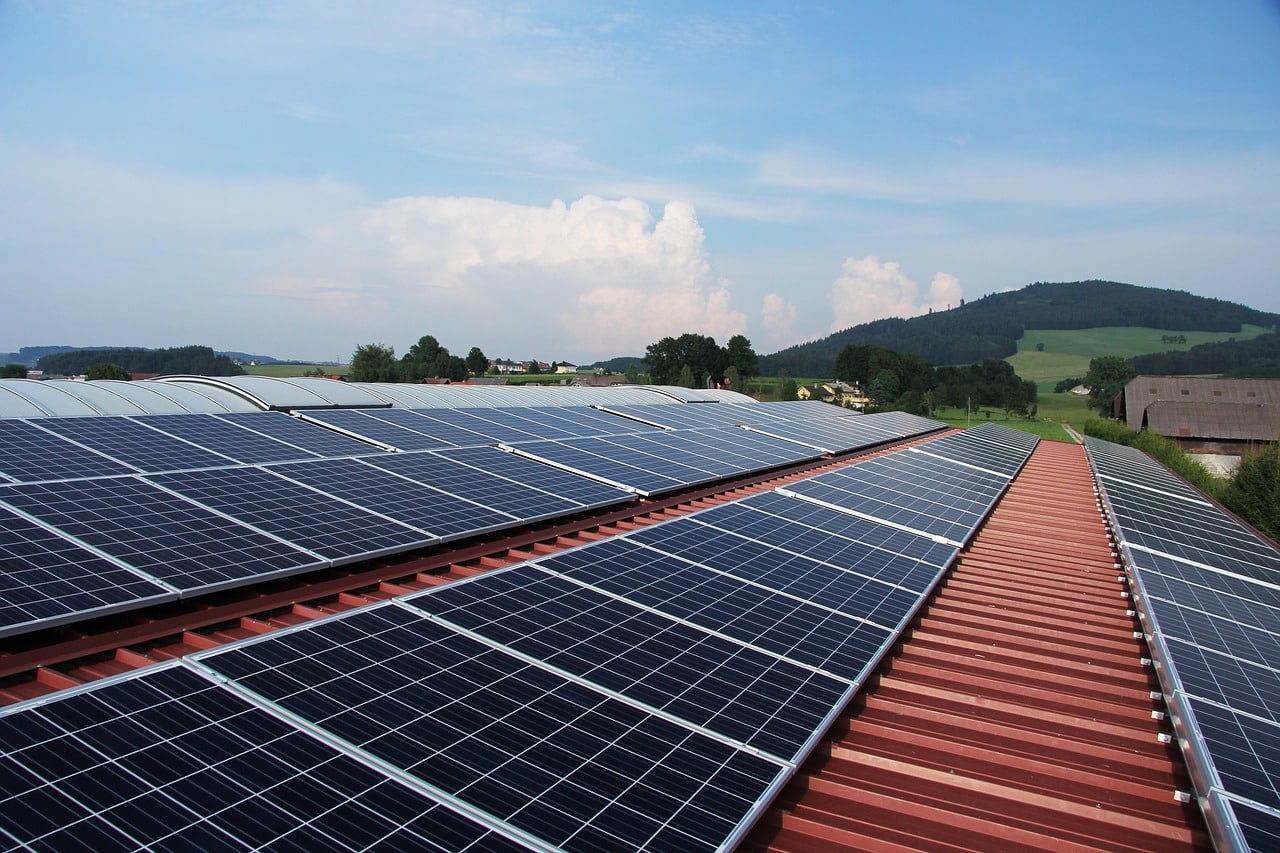In a move that could strengthen its position in the East African oil and gas market and attract investment, Kenya’s National Oil Corporation (NOC) has signed a landmark energy agreement with Algeria’s national oil company, Sonatrach.
This was confirmed by Energy in Africa on Thursday following a signing ceremony at Sonatrach’s headquarters in Algiers between NOC CEO Leperan Ole Morintat and Sonatrach CEO Rachid Hachichi.
The agreement will enable NOC to exchange knowledge with Africa’s largest national oil company and create opportunities across the petroleum value chain in the areas of:
- upstream exploration and production
- supply of petroleum products
- LPG imports
- development of storage and distribution infrastructure
- creation of strategic reserves
“This collaboration comes at a pivotal moment as we are geared towards expanding Kenya’s oil and gas capacity,” said NOC CEO Leparan Morintat.
“Working with Sonatrach will give NOC access to world-class petroleum expertise, infrastructure, and trading experience to help transform Kenya’s energy sector.”
Algeria’s Sonatrach is among the world’s top 10 oil and gas companies and the largest in Africa. Founded in 1963, it has built a strong global presence through 154 subsidiaries.
Through this agreement, Kenya’s NOC could leverage Sonatrach’s global reach to access reliable and competitive fuel markets, especially LPG, which is increasingly in demand in Kenya.
Is Kenya’s petroleum sector taking off?
Having previously run a fruitful yet controversial pilot oil scheme, East Africa’s largest economy is now preparing to begin commercial oil exports by late 2026.
This milestone would likely have been reached earlier if not for funding challenges at the South Lokichar fields in Turkana following the 2023 exit of TotalEnergies and Africa Oil.
Tullow Oil, which acquired the assets, also chose to divest from Kenya to focus on its core operations in Ghana.
Gulf Energy later purchased the fields from the Irish independent in a conditional $120 million deal, pledging to commence development once approvals are secured.
In 2012, Tullow Oil discovered commercial reserves in Turkana, estimated at 560 million barrels of recoverable oil.
The field is projected to produce between 60,000 and 100,000 bpd in its initial phase.
Government takes bold moves
The Kenyan government is now pursuing market-driven reforms, asset listings, and partnerships with private investors to inject liquidity into the energy sector.
One such measure is the privatisation of state-owned assets, including energy projects, to boost national income and reduce reliance on borrowing.
President William Ruto, who has so far raised up to $1.3 billion through these asset sales, stressed the urgency of turning to domestic resources and private capital.
“We have to depend on resources that we have control over rather than resources that we do not have any control over,” Ruto said.
As part of these reforms, Ruto plans to list the state-owned Kenya Pipeline Company on the Nairobi Securities Exchange to attract new investors.
Meanwhile, NOC is undergoing internal restructuring to unbundle into three subsidiaries focused on exploration, trading, and infrastructure.
The government also intends to license new exploration blocks and introduce an open tender system to streamline LPG imports and stabilise the domestic energy market.







